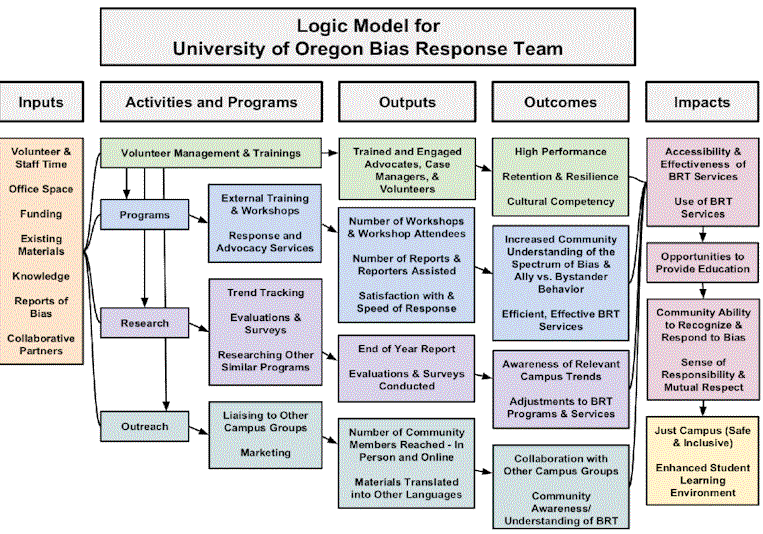Mac1958
Diamond Member
Political Correctness is getting more and more bizarre: On a College Campus? Don’t Try to Tell a Joke
In the ongoing and aggressive effort to protect the feelings of our helpless and put-upon college snowflakes, colleges are creating Bias Response Teams (think of them as PC SWAT units) to jump into action when a student reports being offended.
The BRT at the University of Oregon, for example, proudly lists a couple of examples of how it has rushed in to save, at the very last moment, the feelings and self esteem of a couple of tragic victims:
“A student reported that a professor wrote an insulting comment on their online blog,” according to the case files of the BRT at the University of Oregon. “[We] met with the reporter, and a BRT Case Manager held a professional development conversation with the professor.”
In another case, “a student reported that a sign encouraging cleaning up after oneself was sexist. A BRT Manager followed up to ensure the sign was removed.”
A staff member who made a “culturally insensitive remark” was reported to the dean of students.
Below is the flowchart used by the University of Oregon BRT to address the dangerous flood of free expression that is so damaging the psyches of our barely-out-of-diapers children.
From the piece:
Which is not to say that rude and hostile students should live free of consequences. By all means, let their friends and neighbors shame them. It may even be appropriate to teach them to change their views. But the right place for such an undertaking is the classroom, and the correct educational vehicle is the professor. When professors are free to criticize their students, and students are free to defend themselves, a beneficial exchange of ideas can take place. Everybody walks away better informed.
The anti-bias bureaucracies are an entirely different animal, since their authority stems from the university administration itself. Students who are called before a bias tribunal are at an enormous disadvantage, and will feel like their continued enrollment requires deference to the authority figures.
And while some students doubtlessly say some awful things that merit an administrative response, others seem like clear victims of an ideologically -motivated campaign of silencing. A campus where students live in constant fear of becoming the subjects of formal complaints—where everyone is encouraged to collect information on each other and turn it over to the authorities—is not a healthy community. It’s 1984.

In the ongoing and aggressive effort to protect the feelings of our helpless and put-upon college snowflakes, colleges are creating Bias Response Teams (think of them as PC SWAT units) to jump into action when a student reports being offended.
The BRT at the University of Oregon, for example, proudly lists a couple of examples of how it has rushed in to save, at the very last moment, the feelings and self esteem of a couple of tragic victims:
“A student reported that a professor wrote an insulting comment on their online blog,” according to the case files of the BRT at the University of Oregon. “[We] met with the reporter, and a BRT Case Manager held a professional development conversation with the professor.”
In another case, “a student reported that a sign encouraging cleaning up after oneself was sexist. A BRT Manager followed up to ensure the sign was removed.”
A staff member who made a “culturally insensitive remark” was reported to the dean of students.
Below is the flowchart used by the University of Oregon BRT to address the dangerous flood of free expression that is so damaging the psyches of our barely-out-of-diapers children.
From the piece:
Which is not to say that rude and hostile students should live free of consequences. By all means, let their friends and neighbors shame them. It may even be appropriate to teach them to change their views. But the right place for such an undertaking is the classroom, and the correct educational vehicle is the professor. When professors are free to criticize their students, and students are free to defend themselves, a beneficial exchange of ideas can take place. Everybody walks away better informed.
The anti-bias bureaucracies are an entirely different animal, since their authority stems from the university administration itself. Students who are called before a bias tribunal are at an enormous disadvantage, and will feel like their continued enrollment requires deference to the authority figures.
And while some students doubtlessly say some awful things that merit an administrative response, others seem like clear victims of an ideologically -motivated campaign of silencing. A campus where students live in constant fear of becoming the subjects of formal complaints—where everyone is encouraged to collect information on each other and turn it over to the authorities—is not a healthy community. It’s 1984.

Last edited:


